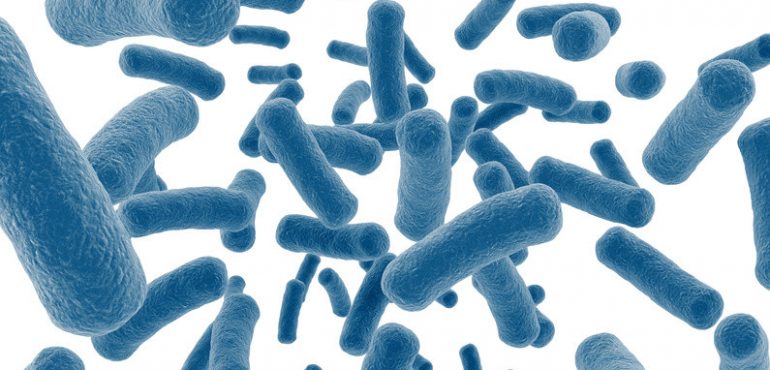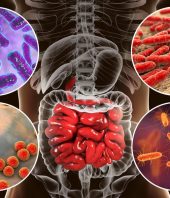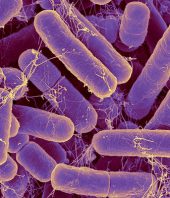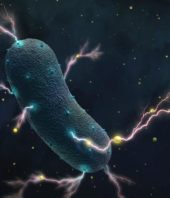Parkinson’s disease (PD) is a degenerative disorder of the central nervous system characterized by alpha-synuclein aggregates that lead to loss of dopamine-generating cells in the substantia nigra. Symptoms such as hand shaking or difficulty walking drive patients to seek medical care, but these are not actually the earliest symptoms of the disease. It turns out that gastrointestinal dysfunction, especially constipation, can indicate Parkinson’s-specific neurodegeneration years before the onset of any motor symptoms.
Armed with this information and recent evidence that the intestinal microbiota interact with the autonomic and central nervous systems through a variety of pathways, Filip Scheperjans, a neurologist at the University of Helsinki, decided to look into the microbiomes of PD patients. He and his colleagues recruited 72 PD patients and 72 healthy controls, and compared their fecal microbiomes by pyrosequencing regions of the bacterial 16S ribosomal RNA gene.
“Our most important observation was that patients with Parkinson’s have much less bacteria from the Prevotellaceaefamily; unlike the control group, practically no one in the patient group had a large quantity of bacteria from this family,” Scheperjans said in a press release. In fact, bacteria from this family were reduced by 77% in PD patients.
In addition, increased Enterobacteriaceae in PD patients was associated with increased severity in motor symptoms, particularly difficulty with walking.
While the microbiome appears to be altered in PD patients, it is not at all clear how this connection factors into disease progression. Sheperjans group plans to look into whether these changes can be used to detect PD, possibly enabling earlier diagnosis, intervention, and better treatment outcomes. He is also interested in addressing whether PD symptoms can be improved by altering the microbiome composition.
“We are currently re-examining these same subjects to determine whether the differences are permanent and whether intestinal bacteria are associated with the progression of the disease and therefore its prognosis,” Sheperjans said. “In addition, we will have to see if these changes in the bacterial ecosystem are apparent before the onset of motor symptoms. We will of course also try to establish the basis of this connection between intestinal microbiota and PD—what kind of mechanism binds them.”
Source: BioTechniques, Full Article






